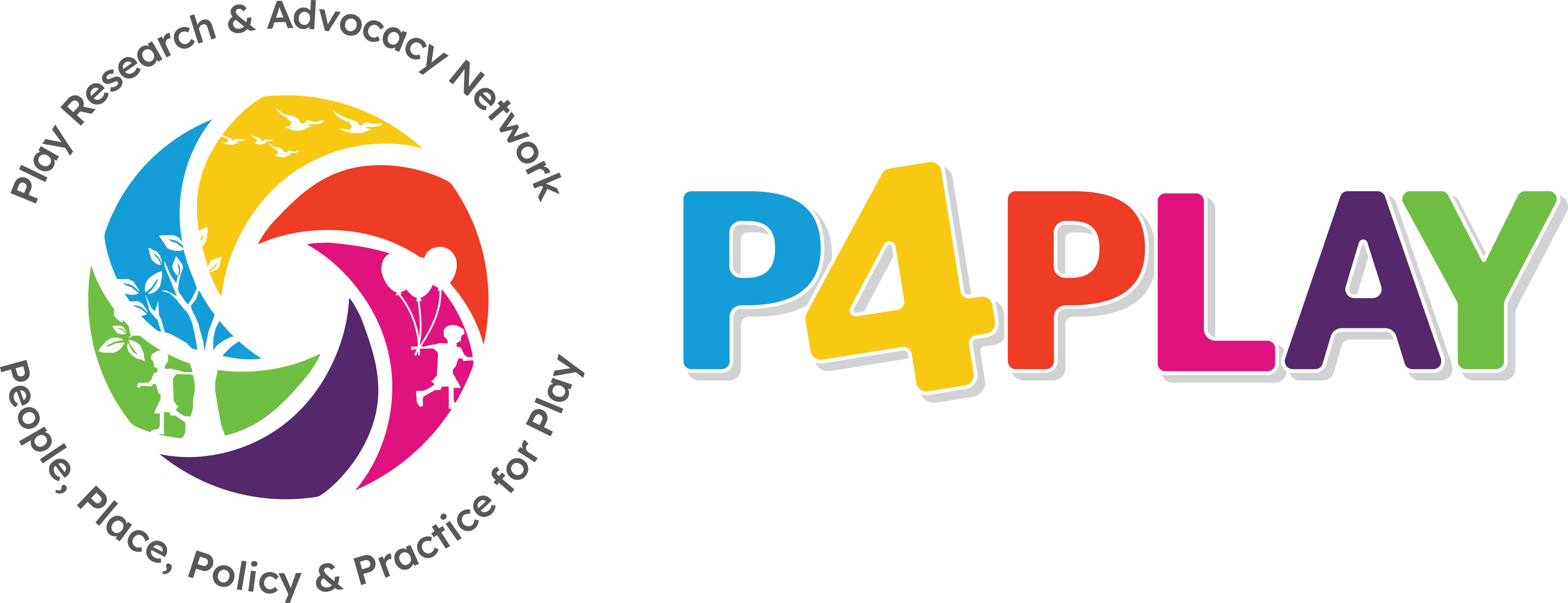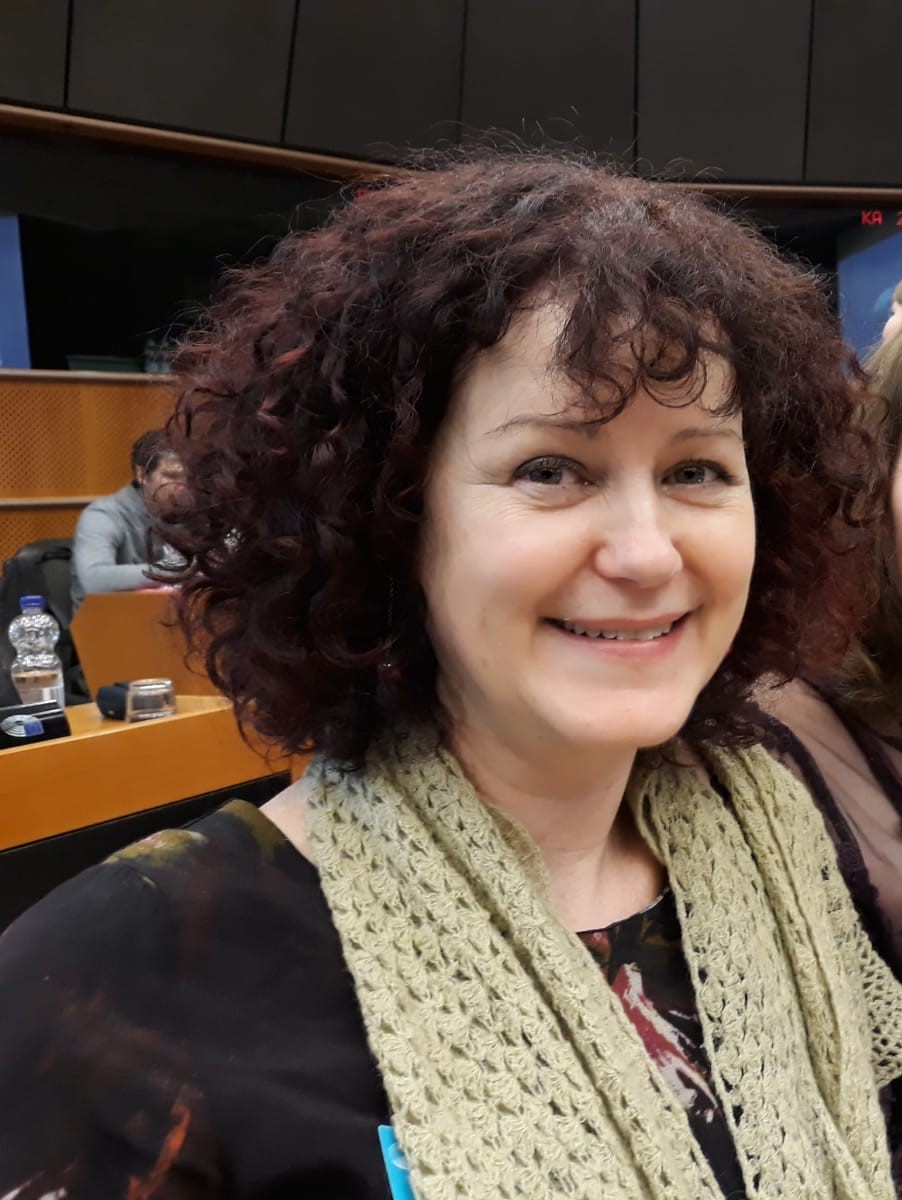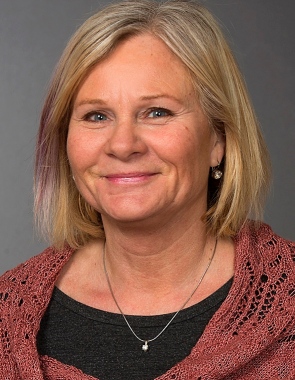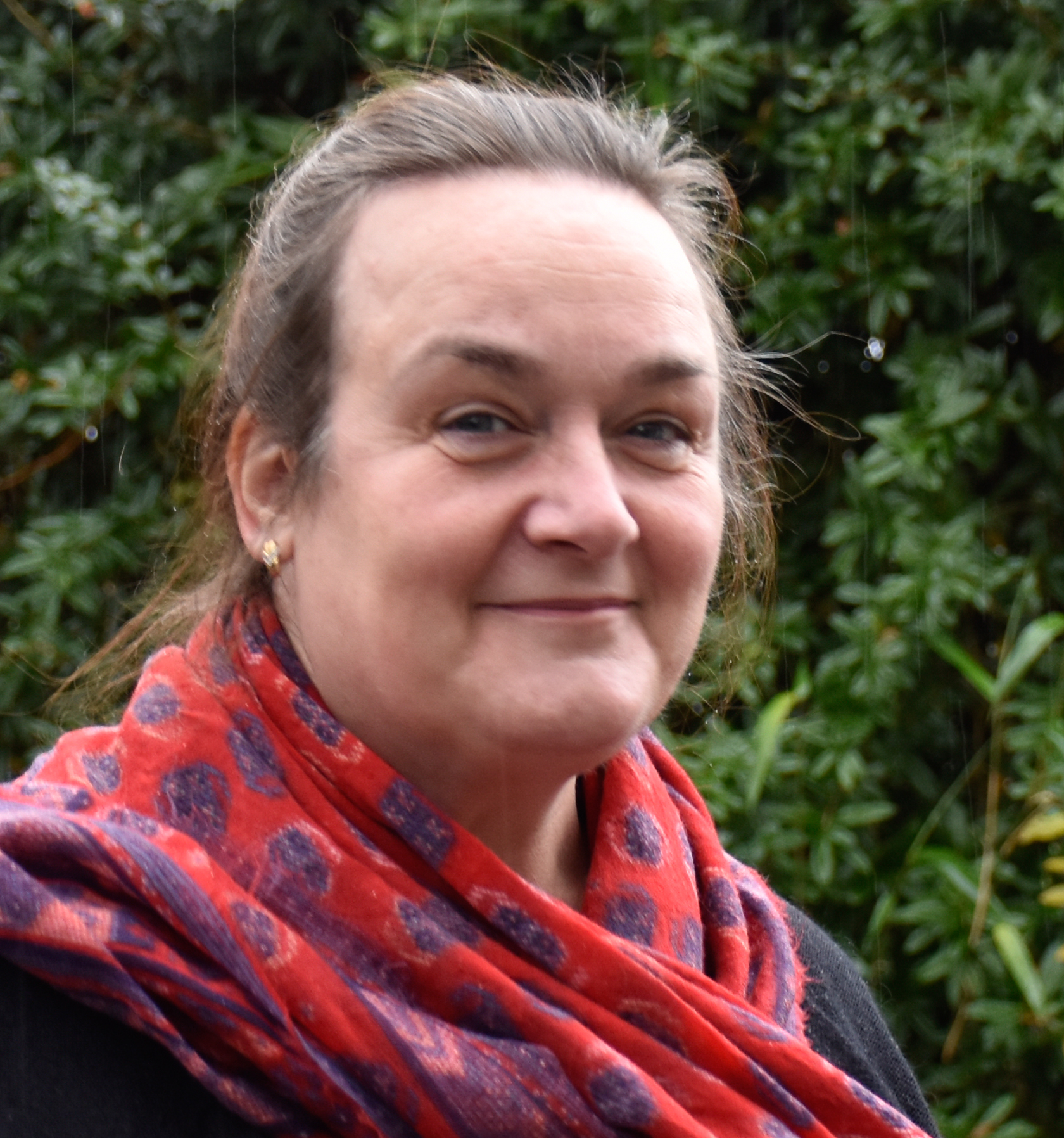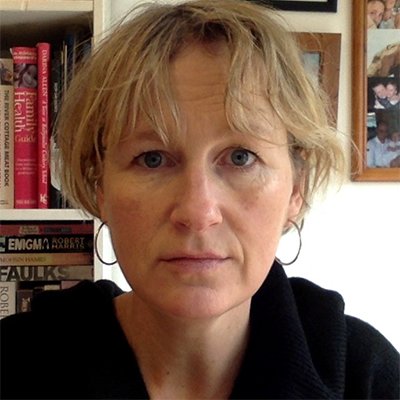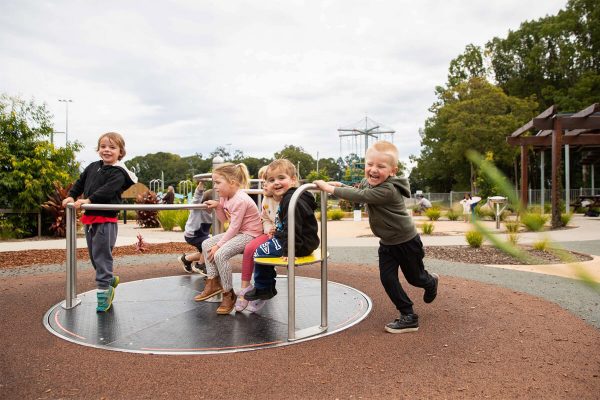Objectives:
- To identify participatory play policy/standards/guidelines for diverse user engagement;
- To develop inclusive approaches in co-creating public playspaces for municipalities, among town planners, landscape architects, and parks management with children of diverse ages, genders, and abilities.
PhD award:
Double degree at University College Cork (UCC) and Lulea University of Technology (LTU)
Background rationale:
Play is under threat for many children in varied contexts resulting in a focus on play solutions in policy as well as practice, in order to address play deprivation. Play deprivation occurs when children do not have the same freedom or capacity to access play opportunities on an equal basis to other children, due to cultural, social, or physical barriers (i.e. associated with people, place, policy, and practice). For example, studies show that children with disabilities experience socio-spatial exclusion due to physical and social (attitudinal) barriers. In a review of research on playground usability and accessibility for diverse children, there was an absence of policy for the provision of inclusive playspaces in community settings. Furthermore, in the Ludi COST Action review of play policy in Europe in 2017, only two countries had a national play policy, and only two regions had developed inclusion guidelines for children to participate in local play provision (Scotland and England), although this is stated as a right in the UNCRC. There is a need to work with seldom heard young children to develop a toolkit for good practice in participation in local authority planning and play provision
Expected results:
- Current international best practice will be synthesised to identify core principles to inform policy practice.
- Models of establishing children’s engagement in policy will be developed and an analysis of characteristics of training programmes and education will be conducted.
- Local municipalities in Sweden and Ireland will be involved in examining barriers to implementing good practice in child participation in local planning. The results of data extrapolated in phase one will be employed with sample groups of children to pilot training programmes and apply new knowledge.
- Results will be an innovative programme for participation in planning for play, to guide international good practice in the inclusion of children’s voices in designing for play
